Food intolerance testing may be indicated to aid in identifying foods that might be contributing to problems, not necessarily classical allergy. In many cases, it is not the food itself that is a problem, but rather, the effect the food is having on the microbiota in the digestive tract. For more information about this read here.
IgG Food Intolerance Tests
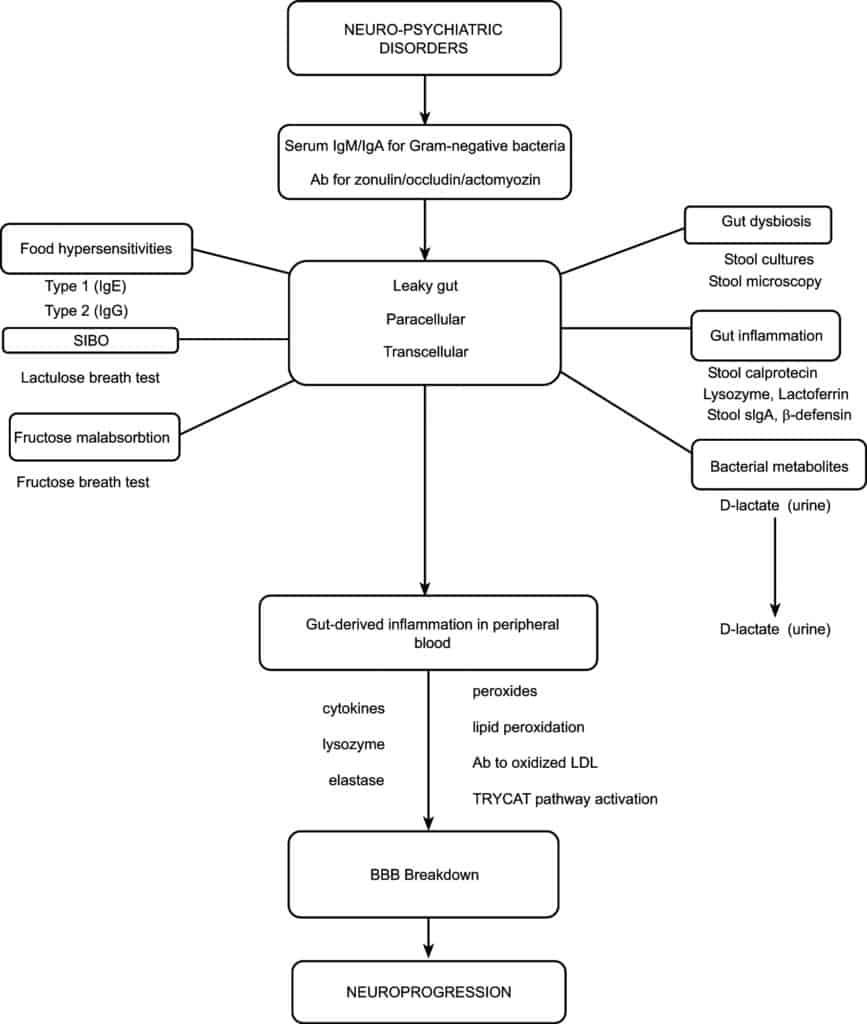
An IgG reaction is sometimes referred to as a “hidden” or “delayed” food response. It may be indicated if the symptom history suggests possible involvement of food intolerances. US Biotek, the laboratory analysing the blood samples, report that IgG4 tests have been utilised in research settings as a tool for a guided elimination diet in patients with food-related complaints.
Here is some of the research:
- Migraine: Randomised controlled trial of food elimination diet based on IgG antibodies for the prevention of migraine like headaches. (2011)
- Depression, IBS: The Food-Specific Serum IgG Reactivity in Major Depressive Disorder Patients, Irritable Bowel Syndrome Patients and Healthy Controls (2018)
- Migraine with IBS: IgG-based elimination diet in migraine plus irritable bowel syndrome. (2013)
- IBS: Food-specific IgG4 antibody-guided exclusion diet improves symptoms and rectal compliance in irritable bowel syndrome (2005)
- ADHD: Effects of a restricted elimination diet on the behaviour of children with attention-deficit hyperactivity disorder (INCA study): a randomised controlled trial. (2011) (no benefit)
- IBD: Serological investigation of food specific immunoglobulin G antibodies in patients with inflammatory bowel diseases (2014)
- IBD: Distinct patterns of IgG and IgA against food and microbial antigens in serum and feces of patients with inflammatory bowel diseases (2014)
- Depression: The role of IgG hypersensitivity in the pathogenesis and therapy of depressive disorders. (2017)
- Intestinal Hyperpermeability (Leaky Gut): Recognizing the Leaky Gut as a Trans-diagnostic Target for Neuroimmune Disorders Using Clinical Chemistry and Molecular Immunology Assays (2018)
IgA Food Reactions
Why Test for IgA Food Reactions?
Elevated IgA to specific foods is widely believed to be a sign of damage to the mucous membranes in the gut. People with Inflammatory Bowel Diseases (IBD), which include Crohn’s disease and ulcerative colitis, or even those with suspected “leaky gut” (intestinal hyper-permeability) may benefit from testing IgA food reactions. It also is important to know that, with the exception of gliadin (found in wheat gluten, and important in Coeliac disease), the elimination of IgA reactive foods has not been proven to provide relief for any specific health conditions. Rather, it may indicate the degree of challenge these foods provide to the integrity of the gut lining.
IgE Food Allergy Tests
IgE reactions are considered “true food allergies” rather than food intolerance. The reaction is triggered by an systemic response in response to specific food which involves the production of IgE antibodies. These reactions generally occur within minutes of eating a reactive food, which is why they are also called ‘immediate’ hypersensitivity reactions.
IgE reactions do not typically occur the first time a food is consumed, but the first exposure triggers the body’s immune system to record the allergen and create a supply of IgE ready for immediate release if it encounters the same allergen again. When it does, the response can be life-threatening (for example, an anaphylactic reaction to peanuts).
Fortunately these reactions are rare, occurring in less than 1% of people. Other reactions such as hives, eczema, breathing and digestive problems are also possible IgE reactions. Referral to an allergy specialist is recommended in the case of serious food allergies.
Including IgE panels in your test may be useful for helping to identify type-1 reactions to regularly eaten foods. These may be involved in some of your symptoms.
Coeliac Antibody Testing
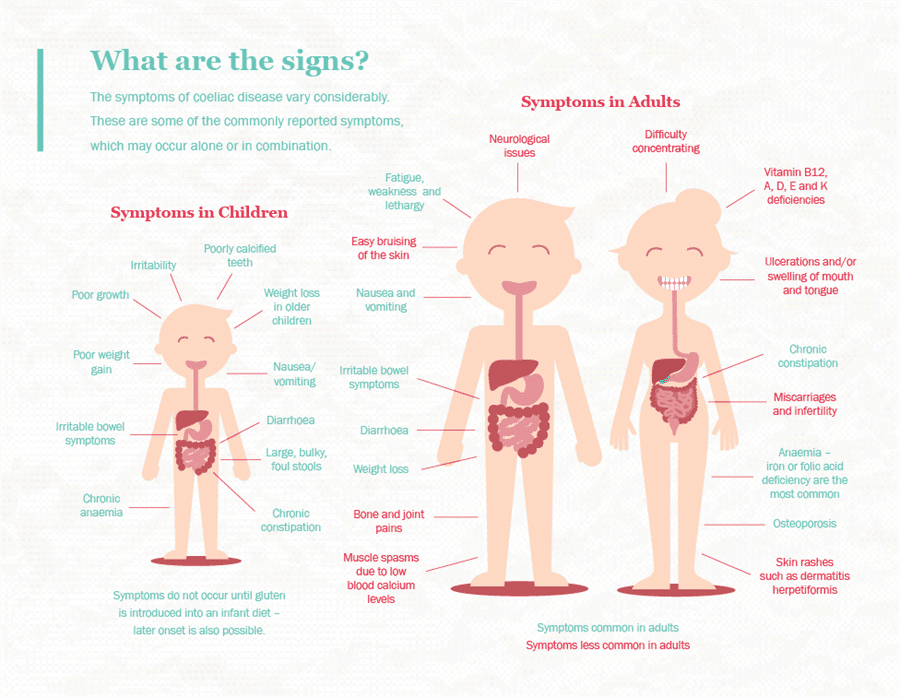
Wheat and gluten are common trigger symptoms associated with food intolerance. This can be due to Coeliac Disease – an inheritable autoimmune condition in which the consumption of gluten (found in high amounts in wheat, but also in smaller amounts in barley & rye) damages the lining of the digestive tract. This can result in malabsorption of important nutrients (such as iron), failure to thrive, difficulty gaining weight, diarrhoea.
According to Coeliac NZ, it is currently estimated that 60,000 to 70,000 New Zealanders have Coeliac Disease (1 in 70), however up to 80% of those are unaware they have the condition. If you wish to check for Coeliac disease, it is important that you are consuming gluten for at least 3 weeks prior to testing.
If you have been gluten free for a period of time and consuming gluten is intolerable, gene testing may be considered. This requires a different blood test and consumption of gluten is not required.
Having the genes HLA DQ2, HLA DQ8, or parts of them may increase the suspicion that coeliac disease is likely. However, not everyone with the gene will develop coeliac disease. Hence NOT having the gene is a good predictor of NOT having the disease (i.e. a negative gene test, effectively rules out a diagnosis of coeliac.
For more information, read here: https://bpac.org.nz/BT/2010/March/coeliac.aspx
Lactose Intolerance Testing
Lactose intolerance is not considered a food allergy, but is an example of food intolerance. Milk allergy, on the other hand, is a true IgE-mediated allergic reaction. The best way to test for this food-related problem is by either eliminating all lactose-containing foods completely and then challenging, or getting a definitive answer by having a lactose challenge test.
Fructose Intolerance Testing
Food intolerance reactions after eating fruit can indicate fructose malabsorption, or bacterial overgrowth in the small intestine. These are best evaluated by a fructose breath test.
All costs are for the test/s only. Some tests require a blood draw at a laboratory, which incurs an extra fee at the lab. All test results are delivered in the context of a professional consultation – either in our clinic, by tele-Health or to the registered health consultant you specify.
About the Lab
US BioTek, pioneers in ELISA methodology, holds over 30 years of experience in the industry and has become the trusted name in today’s cutting-edge immunoassay technology. You can read more about the lab and food intolerance and antibody testing here.

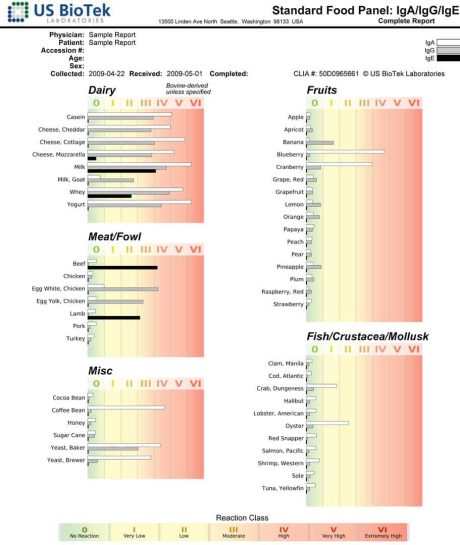
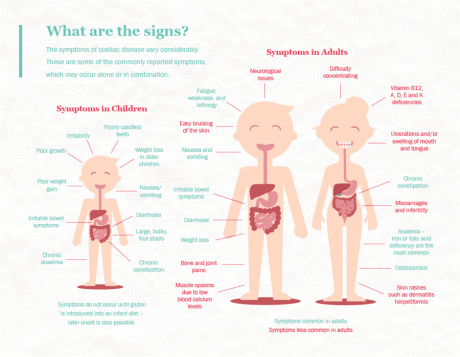
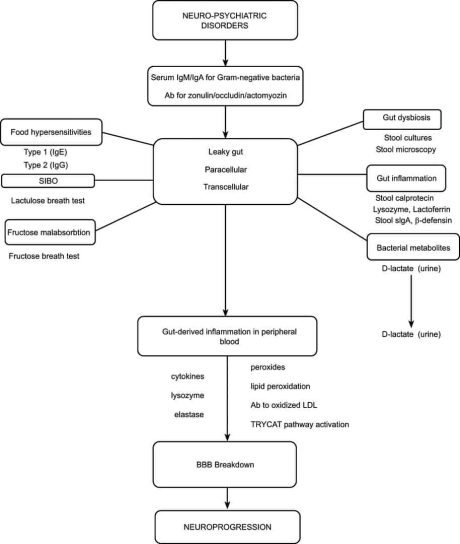

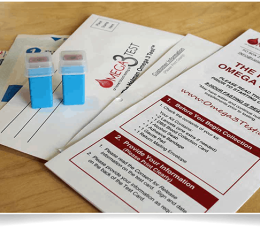




Reviews
There are no reviews yet.